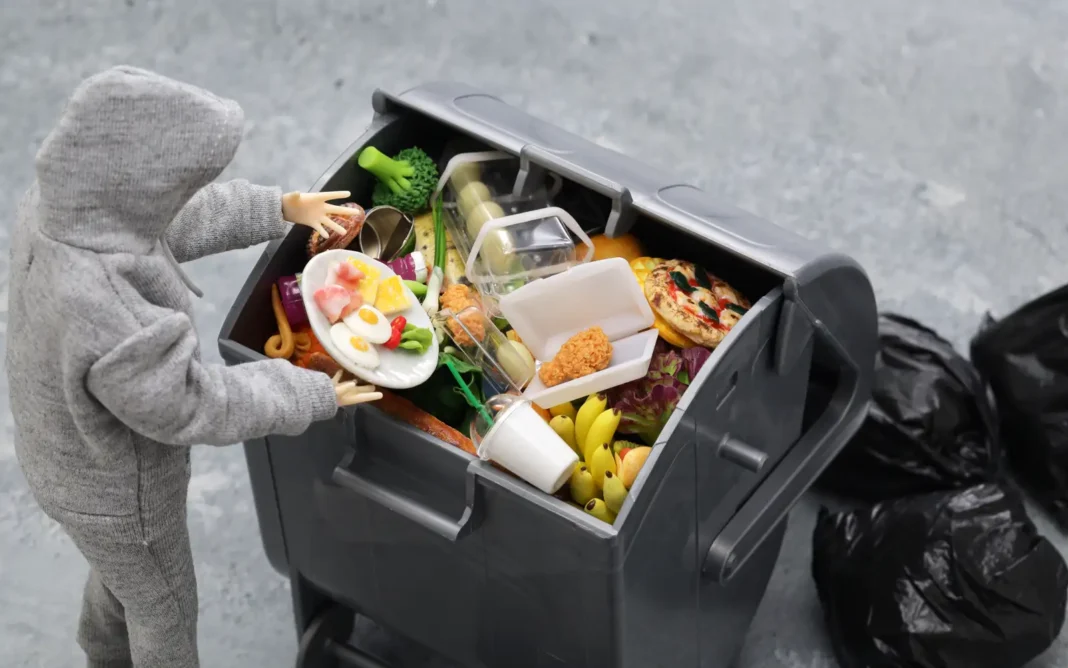New York, 30 March 2024 (TDI): To drive action towards lessening food waste and attaining SDG 12.3, it is important to understand the expanse of food waste. Measuring food waste allows countries to realize the immensity of the issue, thereby revealing the size of the opportunity, while setting up a baseline for tracing progress.
The Food Waste Index 2024 works upon its predecessors in three ways. These include providing data that has been used on a new estimate of global food waste.
Building on the SDG 12.3 food waste measurement methodology, offering added guidance on measurement across retail, food service, and household sectors.
Providing supplementary guidance that dwells deeper into various methodologies, their strengths and weaknesses, including strategies for highlighting sub-sectors for measurement.
Finally, the report sheds light on strategies to minimize food waste, focusing on public-private partnerships.
Food waste estimates
Food waste is considered a “market failure” that results in throwing into waste over US$1 trillion worth of food each year. It also hurts the environment, with food waste resulting in an estimated 8 to 10 percent of GHG emissions, all the while incorporating 30 percent of the world’s agricultural land.
Moreover, approximately 783 million people suffer from hunger every year, with 150 million children below the age of 5 experiencing stunted growth and development because of insufficient nutrients in their diet.
The Sustainable Development Goal 12, Target 12.3, has incentivized a commitment to “halve per capita global food waste at the retail and consumer levels and to reduce food loss across supply chains by 2030,” reports The Food Waste Index Report 2024.
Furthermore, SDG 12.3 also incorporates other Sustainable Development Goals to be achieved. These include Zero Hunger (SDG 2), Sustainable Cities (SDG 11), and Climate Action (SDG 13).
Also Read: UN Drive on International Day of Awareness of Food Loss and Waste
Solutions
The Food Waste Index Report 2024 highlights a “Solutions Focus” concept that can address food waste reductions at scale.
One of the main solutions is the public-private partnership (PPP). Because food waste is considered an issue in the entirety of a supply chain, PPPs bring stakeholders together to work with each other and provide a shared goal. This allows defeating a few of the challenges of a fractured food system.
In addition to this, food waste PPPs allow signatories to measure and report their food waste for monitoring. This provides essential data that can be utilized to show the business case for investing in food waste reduction.
The Courtauld Commitment 2030 in the UK, targets to deliver farm-to-fork reductions in food waste, GHG emissions, and water stress, through collective action throughout the entire UK food chain.
The initiation of this development has resulted in a 27 percent reduction in household food waste per capita and a 23 pc food reduction in total food waste per capita between 2007 and 2018.
Reducing food waste is an opportunity to lower costs and deal with some of the most important environmental and social issues of current times, which are fighting climate change and emphasizing food insecurity.
Throughout the globe, governments, cities, food businesses, researchers, and NGOs have a part to play in the collaborative efforts to modify practices and behaviors and address and achieve SDG 12.3.



